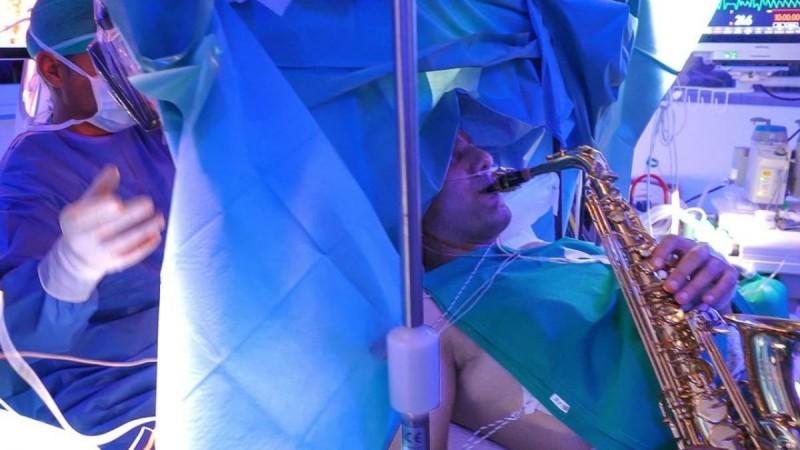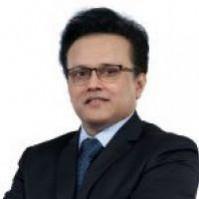
Dr. Amitabhaa Chanda, Senior Consultant of Neurosurgery at Narayana Hospital RN Tagore Hospital, Mukundapur has recently completed 100 successful awake brain surgeries.
A journey that had begun more than a decade ago with a life-changing Awake Brain surgery on a courageous 17-year-old girl with a challenging brain tumor has now reached a remarkable phase. Narayana Hospital RN Tagore Hospital recently celebrated 100 successful awake brain surgeries by its neurosurgeon Dr Amitabha Chanda during his entire medical career.
Some of the surgeries were done at Narayana Hospital RN Tagore Hospital, Mukundapur during the last couple of years. Known as a pioneer of this pathbreaking technique in Eastern India and Bangladesh, Dr. Chanda initiated this novel approach in 2012, and his latest accomplishment highlights the tremendous impact on patient outcomes.
Awake brain surgery technique
Awake brain surgery technique involves keeping the patient conscious during the procedure and providing real-time feedback on their neurological functions. This innovative approach focuses on preserving full functionality in cases where tumors impact critical brain areas controlling limb movement, vision, or speech.
"This technique minimizes the risk of inadvertent injuries to normal brain tissue, a common concern with surgeries under general anesthesia, said Dr. Amitabha Chanda.

"The recovery after awake brain surgery is quicker compared to traditional procedures under general anesthesia. Even when patients face temporary weakness or speech difficulties, we observe swift recovery. However, it's crucial to highlight the seamless collaboration between the surgeon, anesthesiologist, and the cooperation of the patient. Working together ensures the best possible outcomes and a smoother path to healing," emphasized Dr Chanda.
The journey of Dr Chanda had begun with a life-changing surgery on a courageous 17-year-old girl with a challenging brain tumor. Traditional methods risked paralysis and speech loss due to the tumor's delicate location. Despite facing rejections from doctors across India, the family found hope in Dr. Chanda, who successfully performed the first awake brain surgery on this young patient, setting the stage for a new era in neurosurgical procedures.
By engaging patients in tasks such as moving limbs, talking, reading, and singing during the surgery, Dr. Chanda ensured real-time monitoring and cautious decision-making. His visionary approach has now paved the way for 99 more successful awake brain surgeries, even extending its reach to Bangladesh and gaining international acclaim.
Completion of 100 Awake Brain Surgeries
Appreciating the completion of 100 Awake Brain Surgeries and the pioneering contributions of Dr Amitabha Chanda, Mr. Abhijit CP, Facility Director at Narayana Hospital RN Tagore Hospital, Mukundapur said, "His pioneering efforts have not only transformed patient outcomes but have also set a new standard in neurosurgical practices. Dr. Chanda's dedication to innovation and patient well-being is truly commendable, making a significant impact in Eastern India and Bangladesh."

Operating on individuals ranging from 12 to 80 years old, RN Tagore Hospital achieved extraordinary results with a near 100% success rate in avoiding paralysis and speech deterioration. The remarkable achievement of the Hospital and its experts underscores the effectiveness of Awake Brain Surgeries in monitoring neurological function during critical brain surgeries.
Mr. R Venkatesh, Group COO - Narayana Health said, "This accomplishment exemplifies the spirit of excellence and innovation at Narayana Health. We are proud of the groundbreaking work now being done at Narayana Hospital RN Tagore Hospital under Dr Chanda's leadership. The success of Awake Brain Surgeries reflects our commitment to advancing medical science and providing the highest standards of care to our patients."
Leveraging the expertise and experience of experts like Dr Chanda, the Hospital is now looking ahead to the next 100 awake surgeries at its department, driven by a commitment to advancing medical science and improving patient outcomes.

















